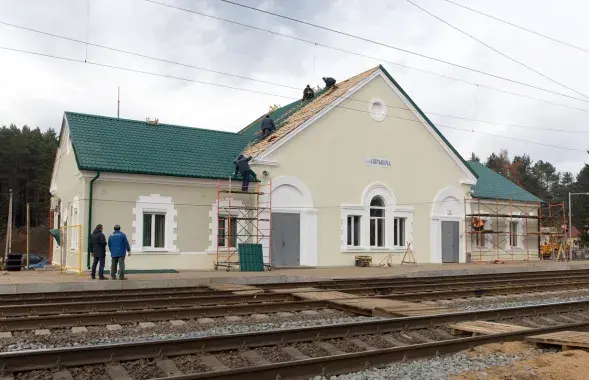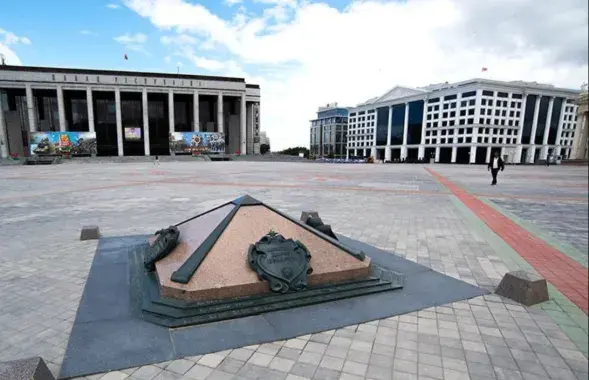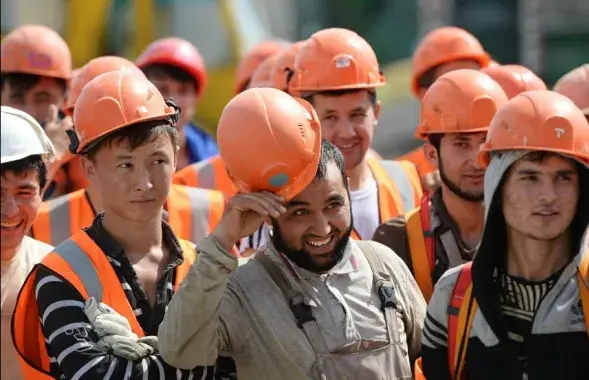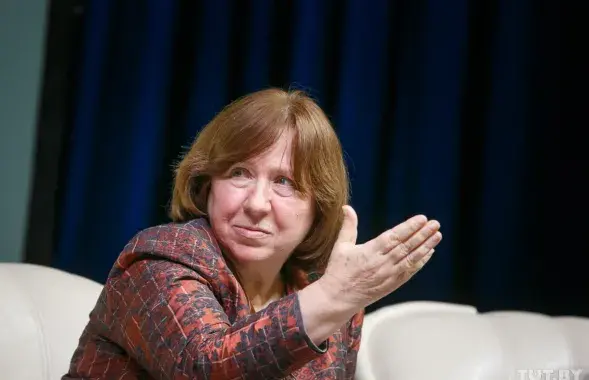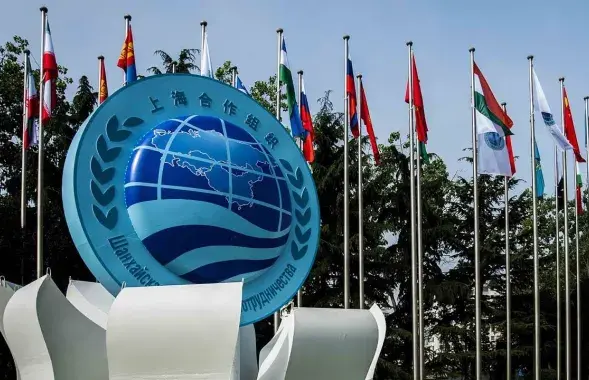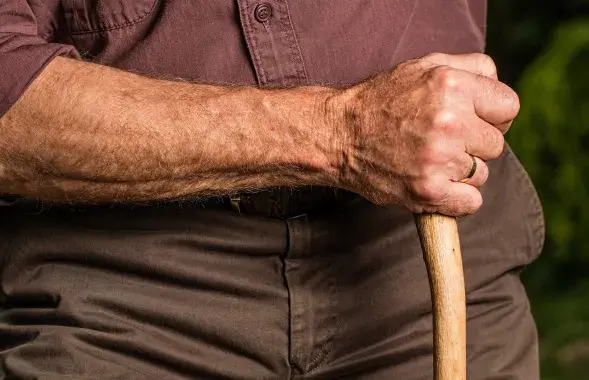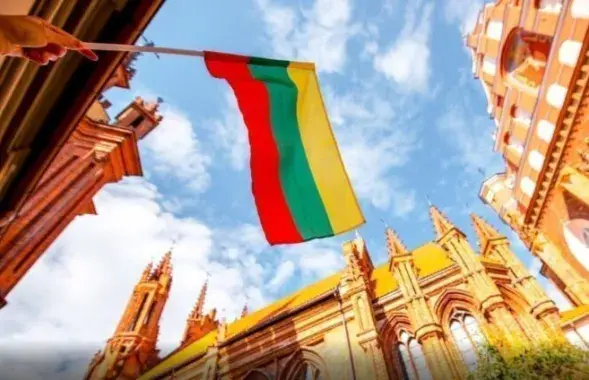Buhvostau: Workers need new leaders
Leader of independent trade unions Alyaksandr Buhvostau and politician Victar Ivashkevich compare the current situation in factories with that of 20 years ago.
The wages have decreased greatly after the devaluation of the rouble if converted to dollars. Euroradio has decided to ask one of the leaders of the Belarusian independent trade unions’ movement Alyaksandr Buhvostau about the situation in factories and at enterprises. He and a member of one of the strike committees in 1991 – Victar Ivashkevich – have compared today’s situation to the events of the past.
Euroradio: What is the current situation at Belarusian enterprises like? There are rumours that it is very complicated at the Tractor Plant, are you aware of it?
Buhvostau: “Yes, we were informed yesterday about disturbances at the Tractor Plant and our sources confirmed the information. I do not think that it is something extraordinary because the economic collapse has affected workers and it would be natural for them to protest. However, the protests can be mass actions that may lead to the Square or local ones that would be suppressed by the administration of the enterprise. It is not clear”.
Euroradio: How do you think, will the administration be able to suppress the disturbances?
Buhvostau: "It is like “a flashback to 1991” when workers came out to the streets after the collapse of the prices that year. It was long ago and the workers who took part in those demonstrations have aged but I think that they remember it very well. On the other hand, the administrative resource controlling workers now cannot be compared to that of 1991. It depends on the fact whether workers will be able to overcome fear and whether the protests will be stronger than the administrative pressure. That is why new leaders have to appear in factories. There should be new organization sources to excite rebellion against this lawlessness”.
Euroradio: The protest in the beer factory “Rechytsa” ended when the bonuses were paid to workers. Do people need one-time regulations to calm down? Or are they in a more militant mood?
Buhvostau: "Cash bonuses are not enough to calm down people in this situation. How can you restore the wages at the Tractor Plant if they were 700 dollars and have become 350 or 300? What if people contracted a debt, especially foreign currency credits – it will be like serfdom. The issue is political. If workers understand that the administration of the country and not of their enterprise is to blame for it – it should turn into political disturbances. I expect Belarusian workers to say their word in the struggle for democracy and changes in Belarus”.
Euroradio: Are the remaining independent trade union ready for such events?
Buhvostau: "It is difficult to answer. The thing is Lukashenka has managed to make independent trade unions go underground during his rule. There are strong trade unions, for example at “Belpotassium” and they should play their part in the protests. We have small affiliates in other organizations. I think that our people will become the organization source. However, independent trade unions are not strong enough at the moment and we expect that new leaders will appear and that workers will feel that they need independent organizations”.
Former editor-in-chief of “Worker” and member of a strike committee Victar Ivashkevich.
Euroradio: Could you please draw a parallel between today’s events and those of 1991?
Іvashkevіch: “The social tension and the rapid pauperization resemble the events of the end of 1990 and of the beginning of 1991. However, there is some difference – opposition groups had more freedom during the perestroika - a session of the Supreme Council was broadcast live and BPF deputies and the opposition had a chance to speak and people could listen to them. On the other hand we have the Internet now and it can make up for the lack of information to some extent.
The information about the strike at the beer plant “Rechytsa” is similar to that of the end of 1990. I think that local disturbances at enterprises will increase by October when the protests will turn into mass republican demonstrations”.
In the photo: mass meeting of workers in Lenin Square on April 10, 1991.
